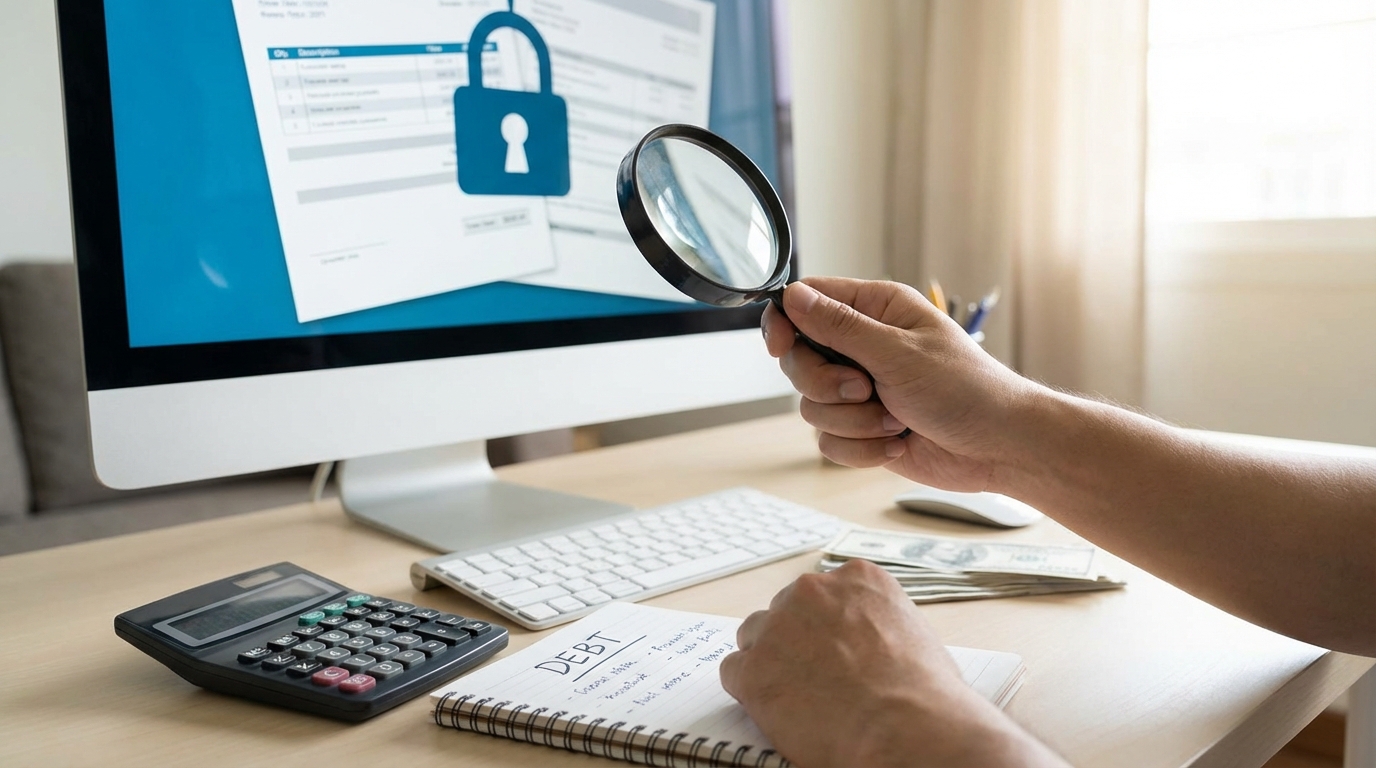Filing bankruptcy is a powerful tool to deal with financial and other stresses typically brought on by too much debt. It eliminates the debtor's responsibility to pay their unsecured debts such as credit cards, personal loans, and medical bills.
Short Term Benefit: Immediate Ban On All Collection Actions
Once a bankruptcy case is filed, the automatic stay protects the debtor from creditor collection actions. So, bankruptcy can stop the phone calls, lawsuits, and even a wage garnishment that has already started. In doing so, it not only lifts the heavy burden of never-ending collection calls, but it actually allows the filer to use their income for living expenses, like rent, food, and medical expenses. In other words, there's no ongoing debt payment (with a few exceptions) the debtor has to worry about once their bankruptcy petition is submitted to the court.
Certain debts are excepted from the discharge so debtors continue to be liable for these debts, even after their bankruptcy discharge is granted. Debts that are not erased by a bankruptcy filing are called non-dischargeable debts. In consumer bankruptcy cases, these types of debt are usually due to a debtor's own bad acts (like lying on a credit application) or owed to a governmental unit (like taxes).
However, just because they can't be discharged doesn't mean that creditors are allowed to continue debt collection actions while the case is pending before the court. They are banned by the automatic stay, just like everyone else. In personal bankruptcy cases, the sole exception to this general rule is child support. Therefore, even if not all of your debts can be discharged, one of the advantages of filing for bankruptcy protection is that you get a chance to take a breath and regroup even if not all of your debt can be permanently erased.
Long Term Benefits: Permanent Relief From Debt
Once the court grants the bankruptcy discharge, this temporary ban becomes permanent. Creditors cannot seek to collect debt that has been erased by the discharge ever again. This fresh start allows the debtor to live without fear of creditor collection actions and begin rebuilding their credit.
One of the most common non-dischargeable debts in personal bankruptcy cases is student loan debt. Student loans can only be discharged if the debtor can show that doing so would cause an undue hardship. Congress is considering making a change to this very hard-to-meet standard for the discharge of student loans. The good news, for now at least, is that federal student loan programs have developed a number of income-based repayment plans. So, filling out a few forms once a year does allow anyone (bankruptcy or not) to set up a payment plan that actually works for their budget.
Conclusion
Filing bankruptcy to deal with overwhelming debt is the most efficient way for someone to deal with their debt burden. While some debts can't be discharged, they are limited in number and still subject to the automatic stay protections while the case is ongoing, giving the debtor a much needed breathing spell.







